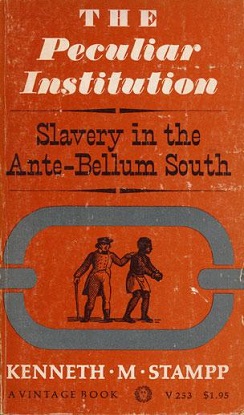. . . . In a sad way, because in this absolute white supremacist historical nation, the common denial that this subject even exists is as normal as mass gun fire massacres. But though I am anything but a nerd of any kind, much less one who is Black, I still feel a sense of personal skin in this game.
This is due to an incident that happened at the last sf/f gathering I attended, which happened to be a reading, in the early aughts of this, the 21st Century.* A White man, ended threatening me with rape and murder because he insisted that Black people did not and never did have anything whatsoever to to do with sf/f and its peculiar** visions of the past or the present or the future. He slammed a chair on a table when I tried to draw attention to Afro Futurism and African American musical vision in funk, jazz, including as early with, but not limited to, Sun Ra.
He screamed I was a liar, that I'd made-up Afro Futurism. There was no such thing, and certainly not in Science Fiction and Fantasy. For one thing HE had never heard of it, and he knew science fiction and fantasy inside out, because he was now 50 and had been reading it all HIS life.
Alas, we are certainly still holding on with fang and claw to that peculiar* white version of sf/f -- and all the other related pop cultural expressions and experiences.
Long read article in the New York Times Magazine. As the NYT is paywalled, here is the url:
https://www.nytimes.com/2021/03/24/t-magazine/black-nerds-culture.html
The Black Nerds Redefining the Culture by Adam Bradley
"By pushing back against centuries-old stereotypes, a historically overlooked community is claiming space it was long denied."
The piece is a fine run-down of pop culture sf/f nerdom and Black expression. However, this is my favorite part, which is equally essential information for White nerds who are BLM allies:
....A BRIEF HISTORY of Black nerds dates back to before the Revolutionary War, to Phillis Wheatley, the young Black woman born a slave who was the first person of African descent to publish a collection of English poetry — only to have to prove her authorship, as well as her knowledge of the works of Homer, Ovid and Virgil, to a panel of “the most respectable characters in Boston,” as the 18 white men described themselves in a note “To the Public” that introduces her “Poems on Various Subjects, Religious and Moral” (1773). The Black nerd also lives in the pages of Charles W. Chesnutt, whose short-story collection “The Conjure Woman” (1899) reads like a late 19th-century iteration of Peele’s “Get Out,” where the resources of the Black imagination overcome the sunken place of white mythmaking and domination. And it lives in Ralph Ellison’s “Invisible Man” (1952), whose nameless Black male protagonist is a self-described “thinker-tinker” writing the story of his life from his underground lair fitted with precisely 1,369 light bulbs; even the novel’s title evokes H.G. Wells’s science fiction classic “The Invisible Man” (1897), repurposing invisibility as a metaphor for the erasure of Black identity under the racist white gaze....
Alas, unmentioned are two early expressions -- these would be very early even if the author was White -- of sf/f imaginings, Iola Leroy, or Shadows Uplifted (1892) by Frances E. W. Harper, and, even prior to the War of the Rebellion and abolition, Blake; or The Huts of America: A Tale of the Mississippi Valley, the Southern United States, and Cuba (1859) by Martin Delany.
(Anyone who knows me or el V can see why this discovery excited us so much. Ha!)
~~~~~~~~~~~~~
In the meantime, even though The American Slave Coast has been out of print in print for months, due to the covid-19 aggravated shortage of print and production plants, Robert Christgau was moved to give the book his current Substack space, And It Don't Stop. He told us yesterday, when informing us it was going up, that he'd been working on this 'stack' for weeks. It also took him years to read Slave Coast because the content is so painful to read. But it is a permanent, large, part that is our nation's history.
~~~~~~~~~~~~~
* This incident had a great deal to do with my removal of self from the field.** See the classic history by Kenneth E. Stampp, The Peculiar Institution: Slavery in the Ante-Bellum South (1956). The book was revelatory still at the end of the 1980's when I read it first. It is still most worth reading, particularly if one is beginning a program of self-education into these matters, in hopes of being a better informed ally of BLM.





No comments:
Post a Comment